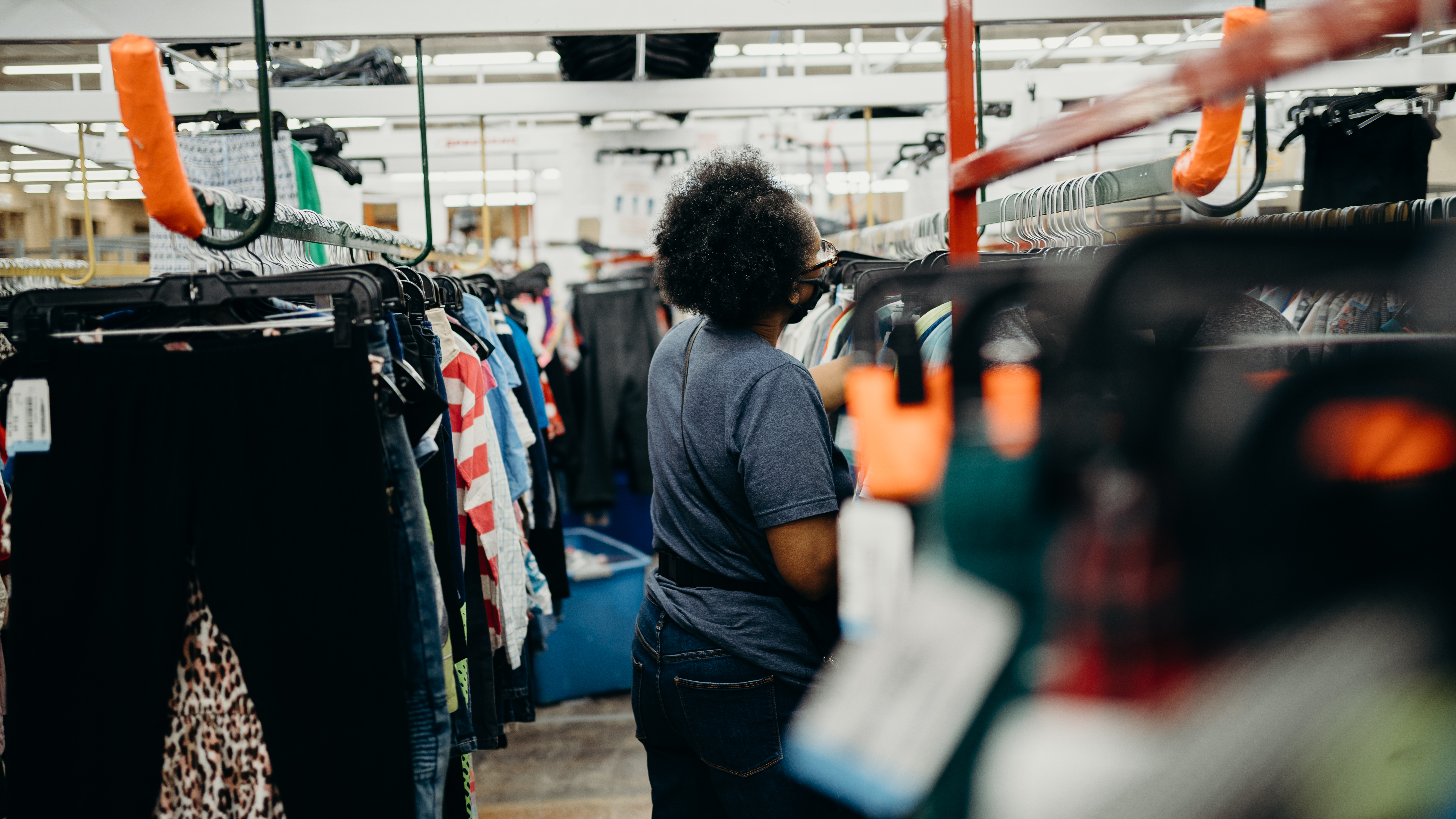
Investors are increasingly focused on investing in companies that make a positive difference in the world, with the global impact investing market worth US$715 billion (AU$1 trillion) in assets under management by 2020.5
We launched the Perpetual Private Impact Pool Fund in 2018, which seeks to achieve a social outcome and a market-rate financial return. In FY22, this made an investment in the Nuveen Global Impact Fund (NGIF). Examples of two initiatives that this investment contributed towards are described below.
NGIF led a US$30 million (AU$44 million) investment in Kinara Capital, a woman-led company and leading provider of unsecured, small business loans in India. Kinara is committed to serving microenterprises that are underserved by traditional financial institutions, with an average loan size of US$5,000–US$6,000 (AU$7,300–AU$8,700). Kinara has focused on increasing access to basic financial products for communities that have lacked access to credit. Their financial products allow small businesses to grow and provide additional jobs and increased income to small business owners.
America’s Thrift Stores, in which NGIF co-led a US$20 million (AU$29 million) investment, is the premier thrift retailer in the Southeastern United States, with 24 locations across five states. America’s Thrift Stores collects used household goods and clothing – diverting more than 22 million kilograms from landfill in 2021. The retailer does this work on behalf of six high-impact charity partners in Alabama, Georgia, Tennessee, Mississippi and Louisiana, and re-sells those goods. By doing this, methane and carbon emissions from incineration and decay of waste sent to landfills are avoided, as are the GHG emissions and water use associated with producing new goods.